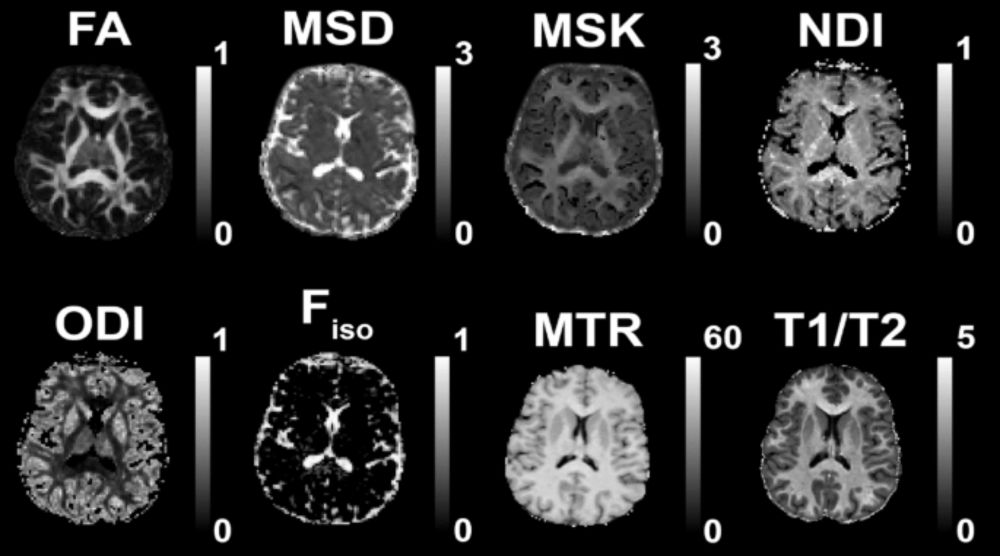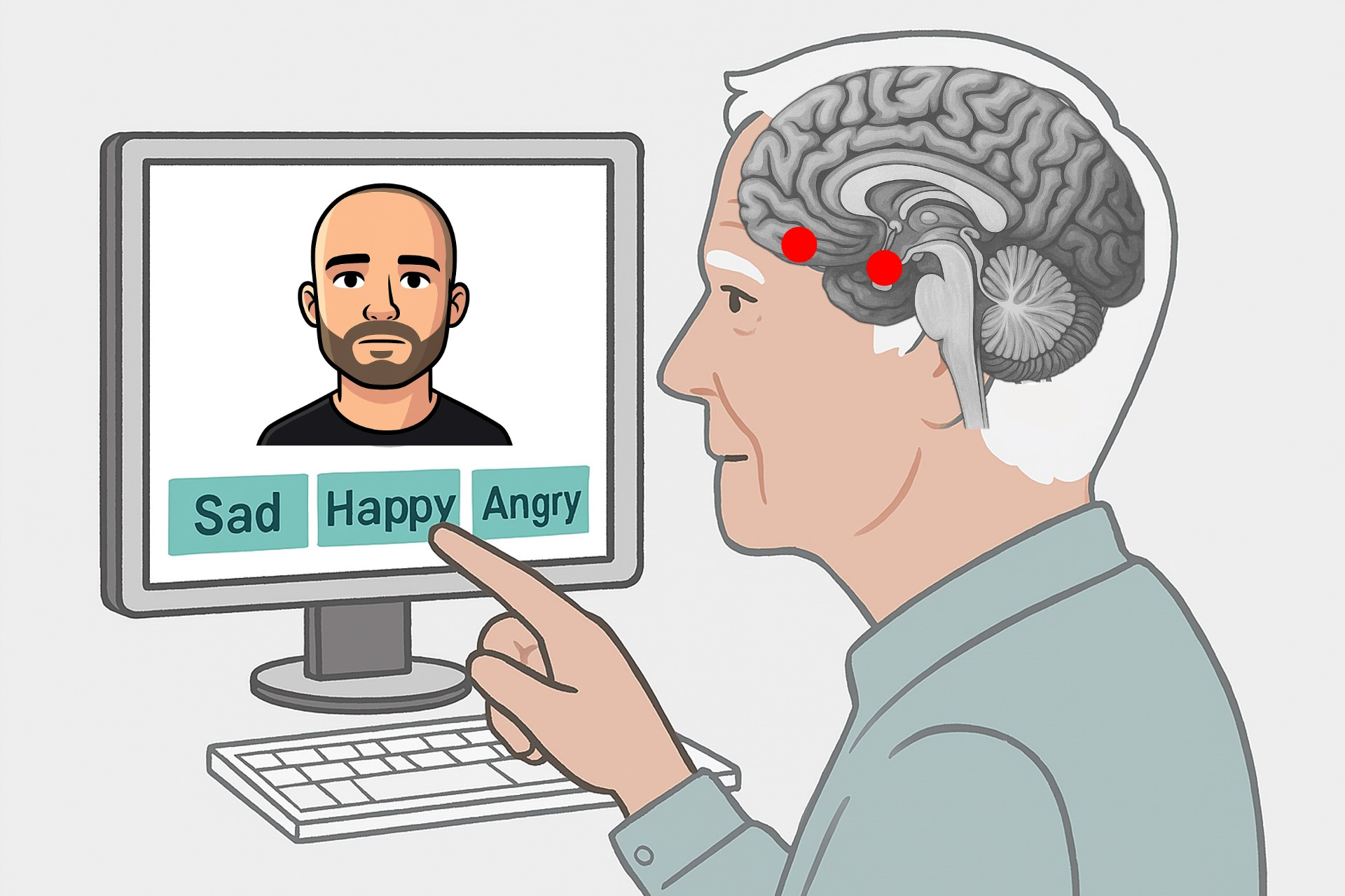New CamCAN study used 11 different measures to show that white-matter health is multidimensional: 4 latent MRI-derived factors explained 89% of variance, were predicted by vascular health, and predicted cognition
Positivity bias in face recognition may be warning sign
Recent paper shows that older adults’ tendency to see facial expressions as more positive may not be the adaptive “rose-coloured glasses” we thought, but could signal early cognitive decline and neurodegeneration.
Pulse pressure impairs cognition through damaging white matter
Recent research from CamCAN shows that, when pulse pressure, the difference between systolic and diastolic blood pressure, gets too high, it can damage the brain’s “wiring” (white matter), making it harder to think fast and solve puzzles
Education may not be protective in old age afterall
For many years, researchers have thought that higher levels of education protect against cognitive decline and dementia in later years. An international team including Cam-CAN conducted a meta-analysis across 33 countries which showed that, while more education is indeed associated with better cognitive and brain health in later life, it does not reduce the rate of decline of cognitive and brain health over subsequent years. This cross-sectional but not longitudinal association is more likely to reflect stable, early-life differences between people (e.g., genetics), which lead to different degrees of education, rather than education protecting against ageing and dementia.

 Cambridge Centre for Ageing and Neuroscience
Cambridge Centre for Ageing and Neuroscience



